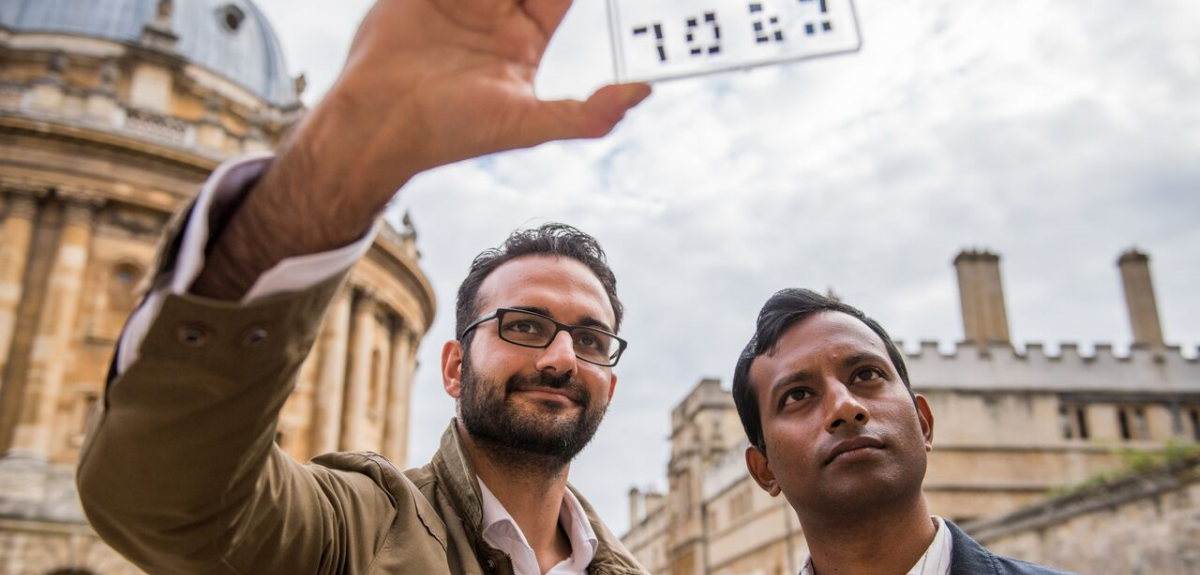
Image credit: Oxford University Innovation
Oxford announces revised arrangements for spinout companies
A new, standardised approach for the licensing of intellectual property (IP) to spinout companies has been adopted by Oxford University.
This is designed to further support the thriving spinout ecosystem by simplifying and harmonising terms of licences, as well as ensuring that financial returns to the inventors and the University align directly with the commercial success of the companies formed, while giving maximum opportunity for the companies to thrive.
The new approach is intended to boost both the volume and value of translated science from Oxford.
Professor Ian Walmsley, Pro Vice Chancellor for Research and Innovation, said: 'Oxford aims to be innovative in how it approaches the commercialisation of research outcomes. Success relies on a close relationship between researchers, technology experts and investors, and our unique standardised format will streamline the spinout process, benefiting the University, researchers who wish to commercialise their research in this way, our partners at Oxford Sciences Innovation (OSI), and other investors.'
Ensuring that impact and exploitation of IP is maximised is a key strategic aim for University and something for which it is increasingly recognised. With the combination of world-class, enthusiastic academics, experienced translators of science at Oxford University Innovation (OUI), and the availability of additional capital and business experience from OSI and others, the building blocks of further success are in place.
OUI protects and commercialises IP arising from university research. Linda Naylor, OUI's Managing Director, said: 'Our core responsibility is to maximise the impact of research undertaken at the University. Simpler process options that work for all parties are in everyone's interest, and we look forward to the benefits that these will have for translating more science from Oxford.'
Peter Davies, Chair of OSI, said: 'This new approach is greatly welcomed by OSI. A simple, standard process for licensing will allow more capital and time to be invested in our key mission – enabling the potential of world-leading academic research to be fully realised. We are excited to be partners with the University in an Oxford ecosystem that is thriving and at the forefront globally of such translation efforts.'
Since its formation in 2015, OSI has been successful in raising and deploying capital. This new initiative with the University will strengthen the ongoing cooperation with funding partners and thereby ensure further success.
 Expert Comment: Church-to-mosque conversions grab headlines, but is funding the real crisis?
Expert Comment: Church-to-mosque conversions grab headlines, but is funding the real crisis?
 Expert Comment: Four years of full-scale war and Ukrainian resistance continues
Expert Comment: Four years of full-scale war and Ukrainian resistance continues
 Oxford and Liverpool join forces to tackle global challenges
Oxford and Liverpool join forces to tackle global challenges